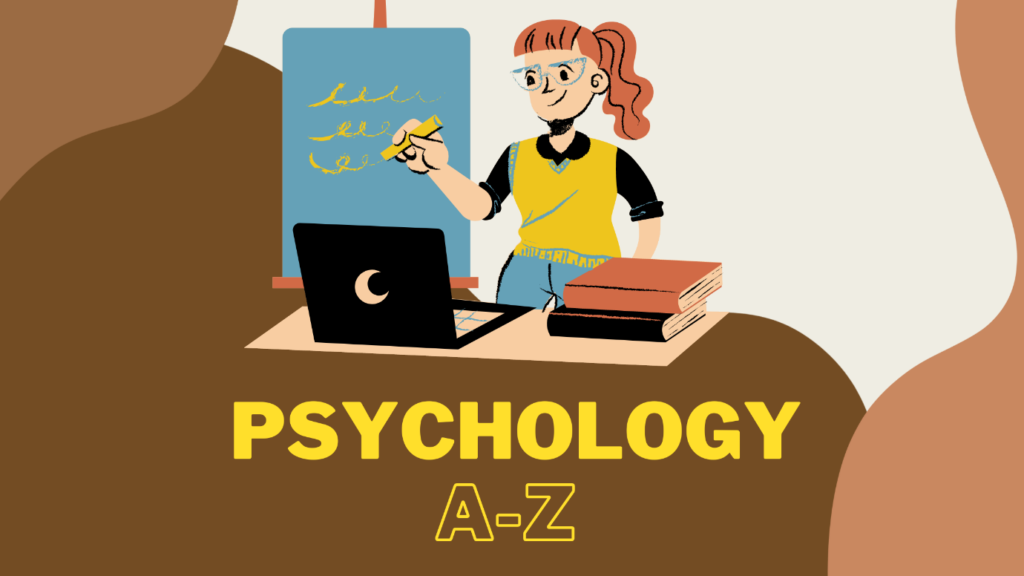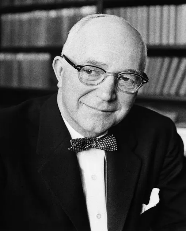
A: Abnormal Psychology –
A branch of psychology that deals with psychopathology, the study of mental disorders and maladaptive behaviors.
The term “abnormal” behavior (though a debatable term) in the clinical context is differentiated from normal, in terms of the disruption it causes to the person, their surroundings, and their ability to function normally in the daily routine and social settings.
- Anxiety disorders (generalized anxiety disorder, panic disorder, phobias, social anxiety disorder)
- Mood disorders (depression, bipolar disorder)
- Substance use disorders.
- Neurodevelopmental disorders (autism spectrum disorder, communication disorders, motor disorders)
- Personality disorders (obsessive-compulsive disorder, antisocial personality disorder, paranoid personality disorder)
B: Bystander Effect –
A social psychological phenomenon also known as Genovese syndrome, explains the probability of helping a victim in emergencies decreases with the increase in the number of bystanders present at the spot.
The infamous murder of Kitty Genovese in New York City in 1964 led the social psychologist Bibb Latané and John Darley to first demonstrate the concept in the laboratory in 1968 and found that the presence of others almost always inhibits the intervention of help. The conclusion of these experiments attributed to two factors behind the bystander effect-
- Diffusion of responsibility – the larger the number of people at the spot lesser an individual feels to take personal responsibility to help the victim in need.
- Social influence – the bystander observes the reactions of others around to determine their action, if no one is doing anything that means it is not necessary to intervene.
C: Conformity –
Conformity is defined as changing your thoughts, attitudes, opinions, and behaviors to align them with social norms, social groups, or situations.
A very common phenomenon in the social world. It is an act of fitting in. The two major influences behind conformity are-
- Informational – change the behavior as per the people you consider more informed and knowledgeable.
- Normative – act and behave in a certain acceptable way to be liked by the group or to avoid being outcasted from the group.
The two of the best-known experiments on conformity in psychology are:
Asch’s Conformity Experiments in the 1950s by the psychologist Solomon Asch.
Stanford Prison Experiment in 1971 by Philip Zimbardo.
D: Diagnostic and Statistical Manual of Mental Disorders –
The DSM, fifth edition, text revision (DSM-5-TR) is a diagnostic manual published by the American Psychiatric Association.
It is used by clinicians, psychiatrists, and researchers in the United States to define and categorize mental disorders to improve diagnoses, treatments, and research possibilities. The latest version of the manual is DSM-5-TR updated and published in the year 2022.
E: Emotional Intelligence –
The ability to perceive, understand, regulate, and empathize with your as well as others’ emotions and behaviors is called Emotional Intelligence.
The term was first coined by psychologists Peter Salovey and John D. Mayer in the 1990s and then popularized by psychologist and author Daniel Goleman in his book “Emotional Intelligence: Why It Can Matter More Than IQ”. Various research has shown a positive relationship between high EQ (Emotional Quotient) and better quality of life. Emotional intelligence is an acquired skill that can be developed and strengthened over time. You can take up this quiz as a start to your journey.
F: Folie à deux –
literally means “madness shared by two”, also known as Shared Psychotic Disorder, a rare mental disorder where two or more people share a delusion or false belief.
This usually occurs among two people one with the psychosis and the other without, who live in proximity and have socially isolated themselves.
G: Gordon Allport –
 Gordon Willard Allport, an American psychologist, and educator, is also often referred to as one of the founding fathers of personality psychology.
Gordon Willard Allport, an American psychologist, and educator, is also often referred to as one of the founding fathers of personality psychology.
A humanist psychologist who denied both the behavioral and psychoanalytical schools of psychology. He also served as the president of the American Psychological Association (APA) in 1939. He is widely known for his Trait Theory of Personality. He compiled a list of 4500 words that could describe an individual’s personality and classified them into three categories: Cardinal traits, Central traits, and Secondary traits.
*Fun fact: Stanley Milgram( known for his controversial experiment on obidience) was one of his students at Harvard University.
H: Hierarchy of Needs –
Humanistic theory of motivation by Abraham Maslow, suggests that people are strong-willed to achieve the highest goal – self-actualization, which can only be fulfilled once the basic lower needs for food, shelter, love, self-esteem, etc of the hierarchy are achieved first.
Later in 1970, Maslow added three more needs to the top of the pyramid- Cognitive needs, Aesthetic needs, and Transcendence needs.
I: Incubation –
Incubation is one of the 4 stages of the creative process – preparation, incubation, illumination, and verification.
The model was proposed by English social psychologist Graham Wallas. Creativity refers to the ability to think and develop ideas in novel ways. Incubation is the period of letting the unconscious mind wander and contemplate for new ideas to strike you with the “aha” moment (illumination stage).
J: Jean Piaget –
Jean Piaget, a Swiss psychologist, and genetic epistemologist, is an influential figure in the field of child development.
He is famously known for his theory of cognitive development in children, which was inspired by observing his own. He concluded that children think differently from adults and pass through stages that develop intelligence – the sensorimotor stage, preoperational stage, concrete operational stage, and formal operational stage.
*Fun fact: He worked as an assistant to Alfred Binet, developer of the world’s first intelligence test.
K: Karen Horney (pronounced horn-eye) –
An influential figure in American psychoanalysis. A neo- Freudian psychologist, who critiqued Freud on the over-emphasis on the concept of penis envy and overall view on female psychology.
She has made a major contribution to the field of feminine psychology and the theory of neurotic needs. She was a firm believer of the environment plays a major role in influencing our development and personality.
L: Locus of Control –
Locus of control refers to the extent to which you think you have the power to control your responses to any life event or not.
The concept was developed by Julian Rotter in the 1950s. It can be an internal or external locus of control. Although no one has a 100% of either one. Internal means you believe you have control over your life and take responsibility. External means you believe the outer forces have more to do with your life and thus suffer from learned helplessness.
M: Melancholia –
A form of major depressive disorder (MDD).
The person suffering experience a complete loss of pleasure and enthusiasm in daily activities. Some major symptoms are insomnia, extreme sadness, and agitation. Although a clear cause of depression is still not known, melancholic depression is found to have strong biological origins.
To be continued in the next blog…
Blog By : DEEBHA SITHTA

